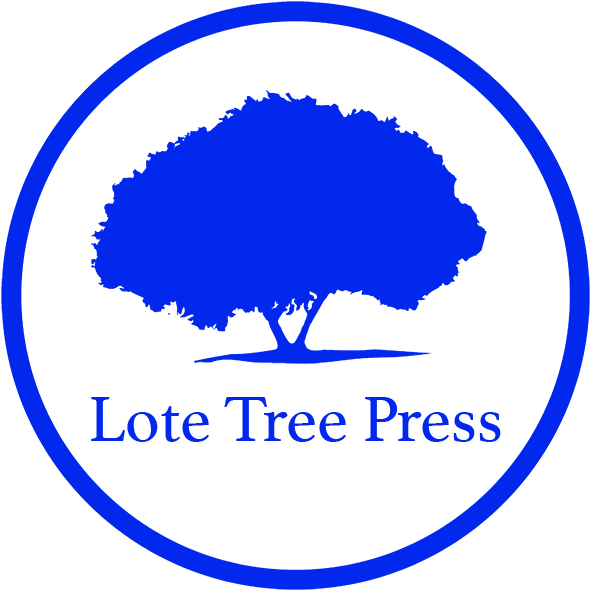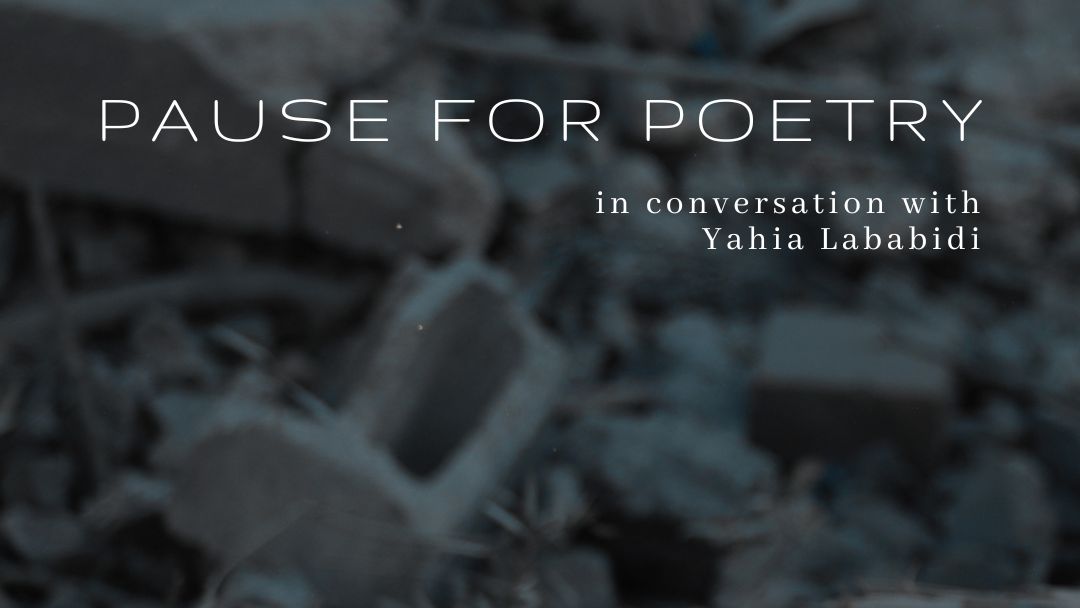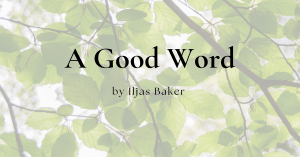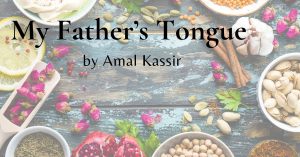Yahia Lababidi is an Egyptian-American- aphorist and poet. He has authored eleven books and his twelfth, Palestine Wail, will appear later this year. Yahia has a YouTube channel where he presents his work and more recently his reactions to the ongoing genocide in Gaza. The interviewer is Iljas Baker.
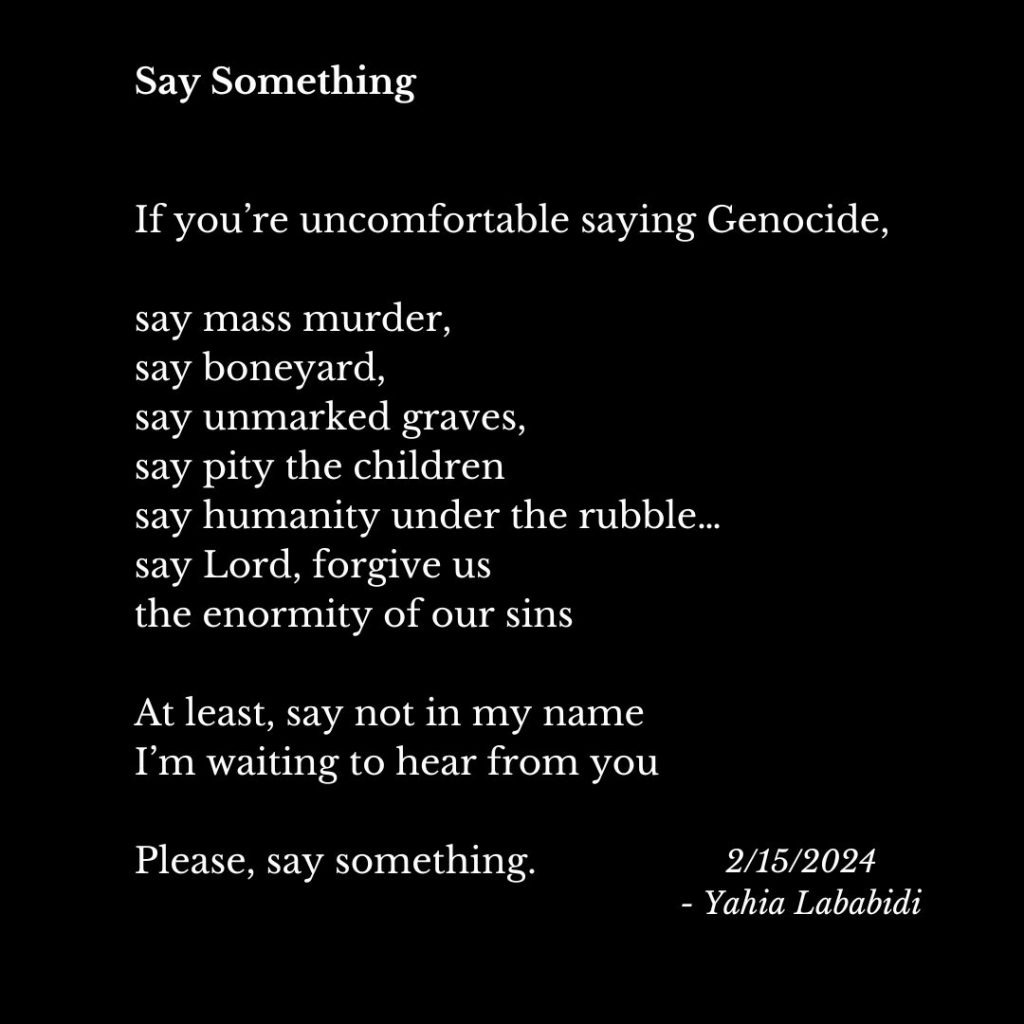
Do you have a particular routine you adopt for writing poetry or do you rely solely on spontaneity?
I have come to view poetry as ministry. Ready the soul and the soil will erupt with flower. More prosaically, I read, ruminate, and try to live, attentively, letting poetry take care of itself.
How important is revision for you?
Important, sometimes. Depending on clarity of initial vision, revision is or is not necessary. Composing poetry is a kind of drunkenness – so, to revisit this state in sobriety might or might not be helpful.
What do you hope your poems will achieve?
To remind the reader of what is Indestructible in themselves, the world and Beyond, so that they can better endure chaos.
Do you think being identified as a Muslim poet makes it any more difficult to get published?
I am a poet, who is also a Muslim. Religion, as I understand it, came later in life to me. I was drawn to spirituality, earlier, and remain connected to mystics of all traditions. So, to answer your question, I think my work has been accepted by publishers or rejected on the basis of its merits. At least, I like to think so.
What advice would you give to young or old poets just beginning to write poetry and publish it?
Don’t rush. As the great monastic writer, Thomas Merton, said: ‘Hurry ruins saints as well as artists.’
Take time to develop your inner life and explore your depths. Poems are the fruits of your attention and profundity. Do not pick poems before they ripen.
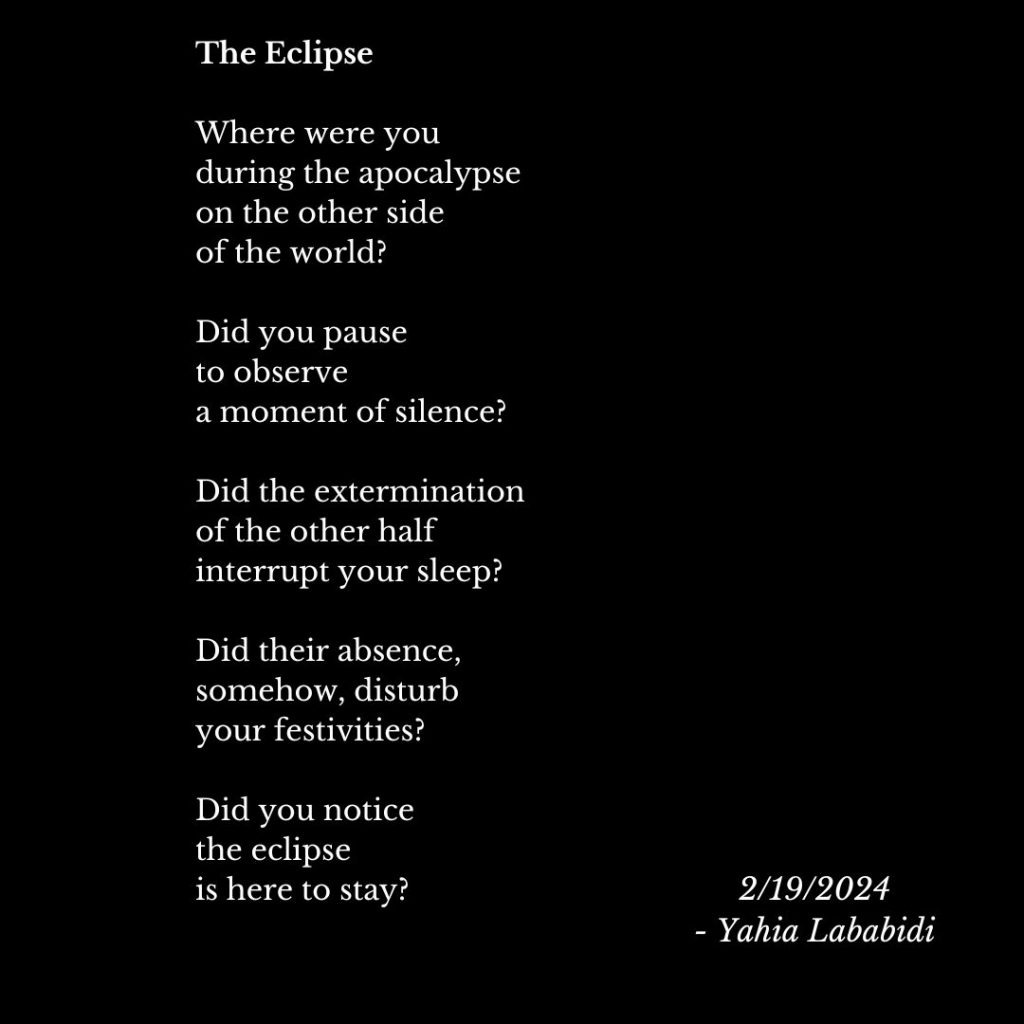
I read in an interview in Agni that you said your interest in philosophy has dimmed and an interest in the Sufi poets and Sufism has taken its place, has this continued and if so where has it led you?
Yes, that was nearly a decade ago and, I’d like to think I’m at a different stage of surrender, now.
I’ve come to view philosophy, and questioning, as a season of the soul, shaking off dead leaves and testing the strength of our roots, so that we might be reborn. I remain a bewildered student of Sufism, working on training my unruly self and overcoming my wily ego. I hope that my poetry might testify to this shift in direction and reshuffling of priorities (so as not to say, slight progress).
You are a respected writer of aphorisms and if I remember correctly you once said they express what’s in your soul whereas your poetry expresses what’s in your heart. Does this distinction still hold for you?
Thank you. I’m not sure, anymore. In a sense, I am an aphorist before I am a poet and aphorisms come more naturally to me. At the risk of sounding didactic, I appreciate the moral dimension of aphoristic writing which, at times, seems like a more direct transmission than poetry. Ibn Ata’allah is someone I hold in high regard for this reason. But, spiritual poetry can be richer and more generous, at other times.
So, I don’t, really know. What’s interesting is different forms seem to come at different stages of life. I might go for years, up to a decade, without writing aphorisms, and when I do, they are like a torrent…
As someone who has written a handful of haiku and who has read the great Asian writers of haiku as well as contemporary writers of haiku I’ve noticed that they can often become little more than an exercise in writing clever or cute short verses. Is this something you’ve noticed with your reading and writing of aphorisms? Can cleverness or cuteness be avoided in the writing of aphorisms or do you just have to develop a sense of when these things appear and discard them?
Those are not the aphorisms I care to read or write. I’m not so much interested in clever aphorisms (certainly, not cute) as I am in those that I view as an extension of wisdom literature throughout the ages.
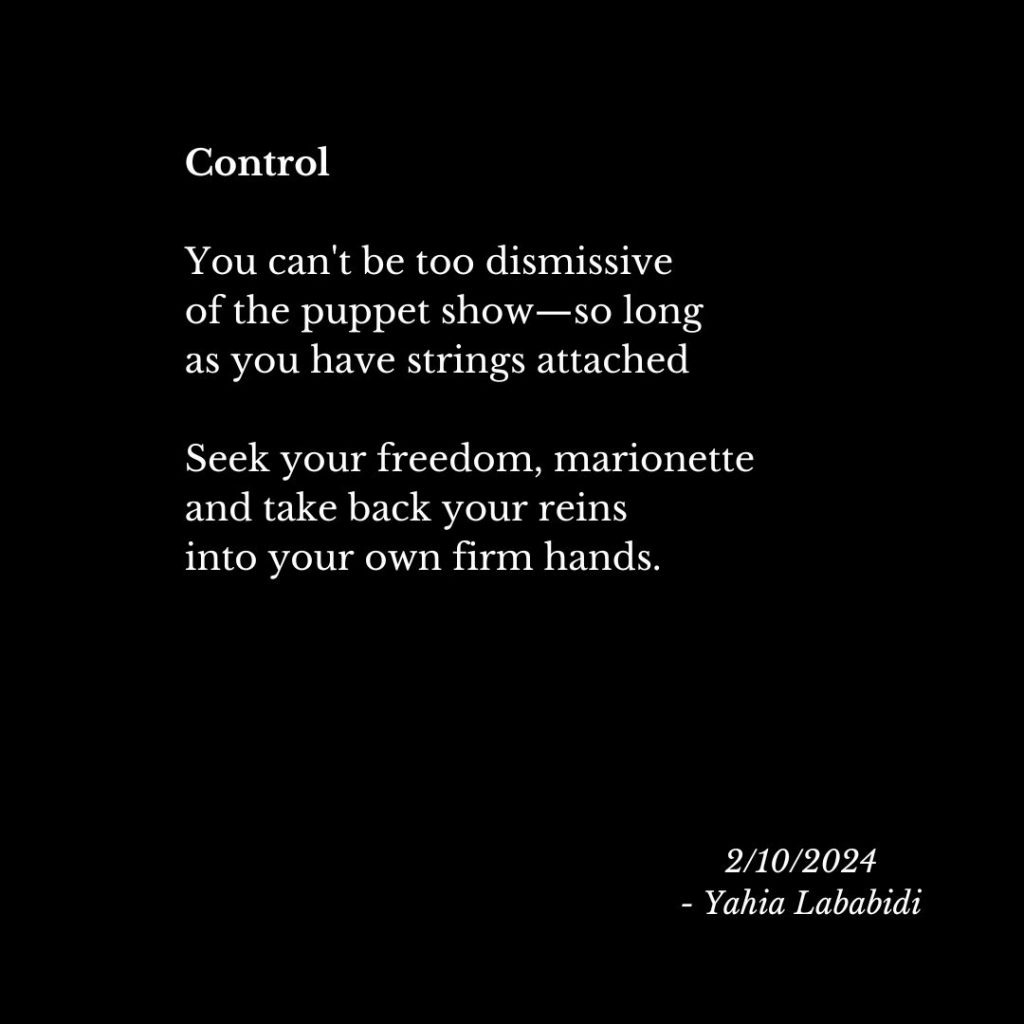
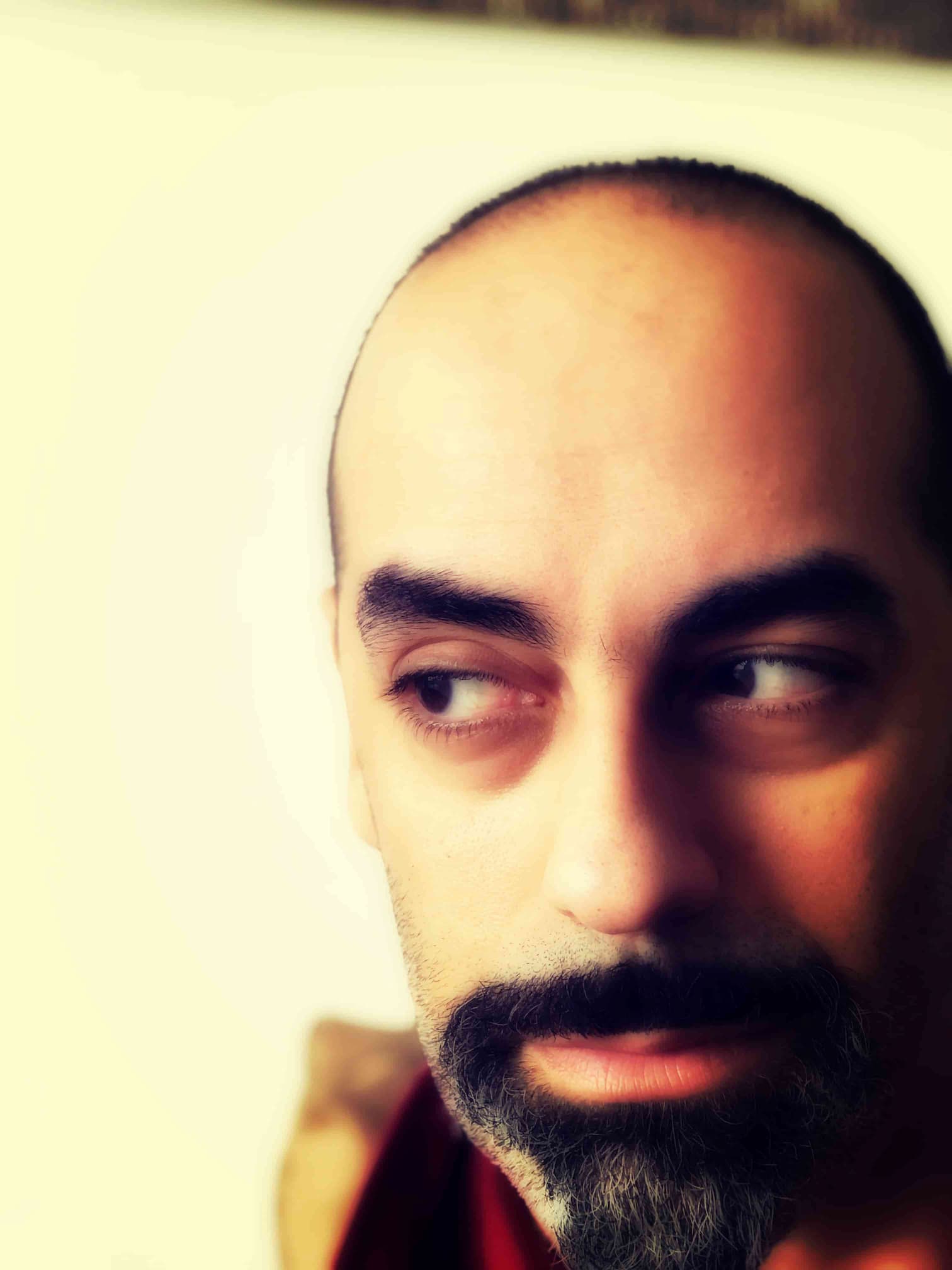
Yahia Lababidi
The background to the interview: A recent issue of Kosmos: Journal for Global Transformation which has poems by four poets has two poems each by Yahia and Iljas, both of whom appeared in Lote Tree’s 2020 anthology Kaleidoscope of Stories: Muslim Voices in Contemporary Poetry. Neither of the poets were aware they would be appearing in the same issue of the same journal but were pleased and intrigued by the coincidence. Check out Yahia’s and Iljas’s poems in Kosmos here.
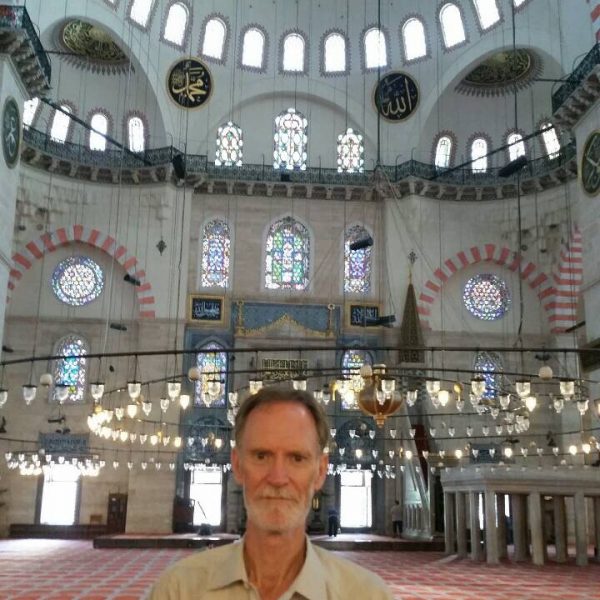
Iljas Baker
Iljas Baker was born in Scotland and now lives in Thailand where he is a retired university professor. His first book of poems Peace Be Upon Us was published by Lote Tree Press in Cambridge UK in 2023. His poems have also appeared in three anthologies, namely The God’s Eye, We Humans, and, most recently, A Kaleidoscope of Stories: Muslim Voices in Contemporary Poetry and in numerous poetry journals. He writes about essential things and his writing is inspired principally by an inclusive, compassionate interpretation of Islam and the practice of the Spiritual Exercise (Latihan Kedjiwaan) of Subud, which originated in Indonesia. He is married with a daughter and a son and two grand-daughters.
